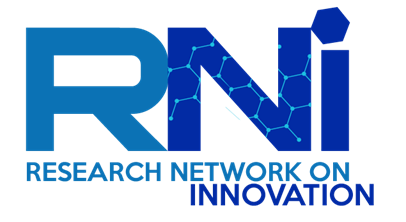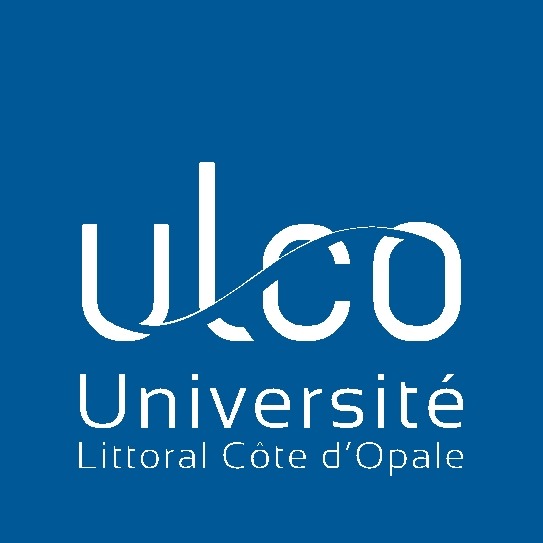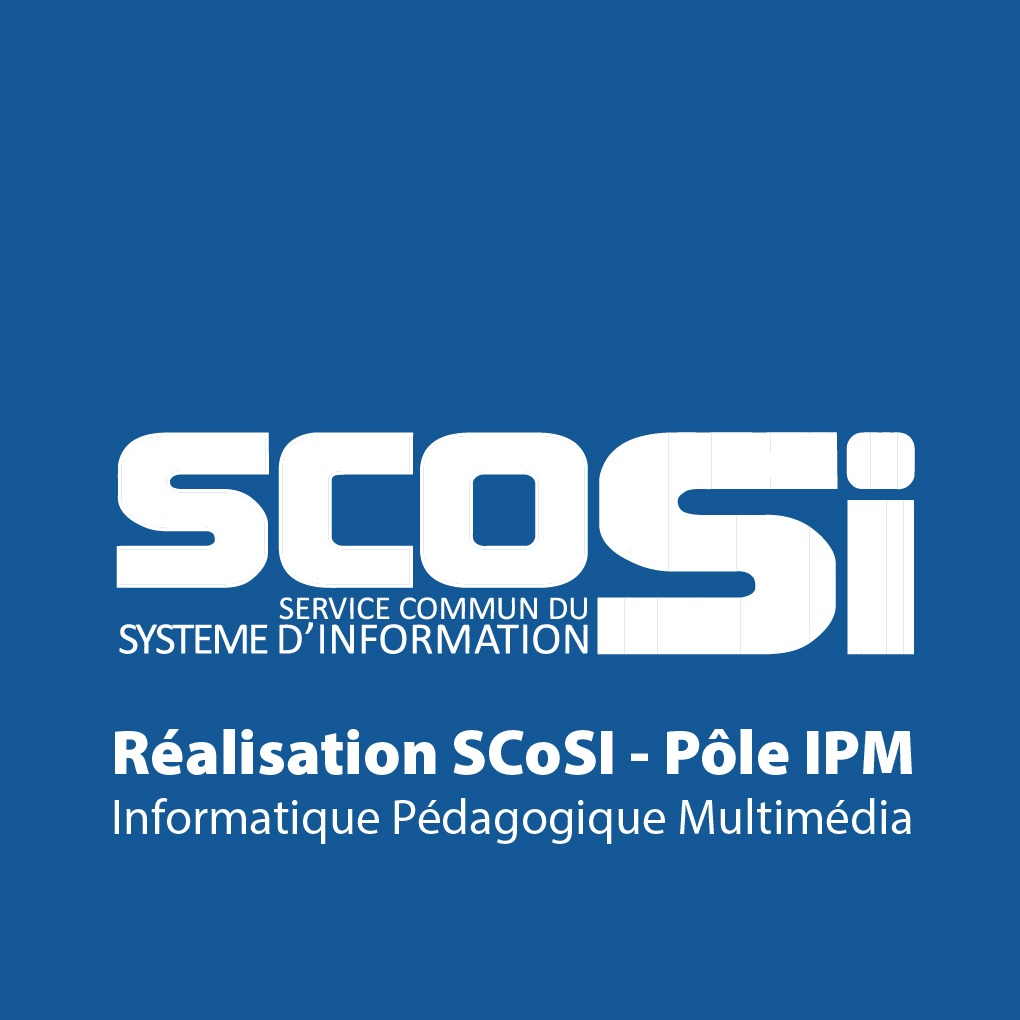Ethics and responsible management in banks
Professional ethics has become an important expectation for employees and customers in a bank. The vagaries of the constantly changing economic situation have as a corollary the need felt by stakeholders to be able to count on the company’s credibility, to have confidence in its image and its positioning in society.
The current state of business ethics underlines everyone’s concern about a disorientation in an environment whose possibilities are beyond us. We can therefore ask ourselves what is its effectiveness and power in this environment. How can it regulate the powers to act in our technoprofessional environment, which demands ever more performance and sometimes leads us to more anxiety?
Ethics makes it possible to “better see”, to objectively question the company’s needs and how to satisfy them. The bank has an undeniable interest in equipping itself with ethics so that its management can better understand its key role and a more holistic vision. Ethics can then become a formidable strategy in the sense that it can be used to diagnose organizational problems and analyze repeated individual and collective behaviours that can have a significant impact on organizational results.
Combining performance with an increasingly respectful attitude towards others and therefore towards oneself allows us to work in an environment where stakeholders clearly articulate their values and put them into practice.
Thus ethics leads to a real awareness by everyone of their own responsibility and the meaning of their actions. As part of a corporate social responsibility (CSR) approach, it concerns all stakeholders, such as our banks, customers, shareholders, employees, as well as the community in general and its environment. While each banking institution must define its vision, values and objectives, the ethics it embodies represent the materialization of individual and collective convictions in the way it acts. It will thus define all the values and principles of the organization in everyday reality, embodied by its driving forces.
Ethical thinking will strengthen trust in the company, the fact that at every link in the chain, we should make the right decision, be more autonomous, instead of seeing that when something goes wrong and we can do nothing and reinforce ourselves in silence, we can react and make things change.
To return to the sources of a humanist conception is to bet on trust and individual and collective intelligence that will enable us to create the conditions for global efficiency. These ethical principles will ensure that team spirit will be materialized by sharing responsibilities, and not by delegating responsibilities and developing a relationship of trust essential to the sustainability of the company as well as the credibility of its managers.
Pascal, a 17th century philosopher, put forward the argument of “betting” when he raised the question of the existence of God by declaring: “You must bet: you are on board”. Likewise, does it not in the bank’s interest to bet on moral values, rules and actual duties, which are subject to ethical analysis? Don’t the moral challenges facing our society lead us to bet on the need to integrate ethics into our management?
Lead the questioning to action: “And in this case how to do it, how to proceed, where to start?”
Didier Caveng
CEFCO – Centre romand de formation continue, Lausanne, et IMSG – International Management School, Genève



